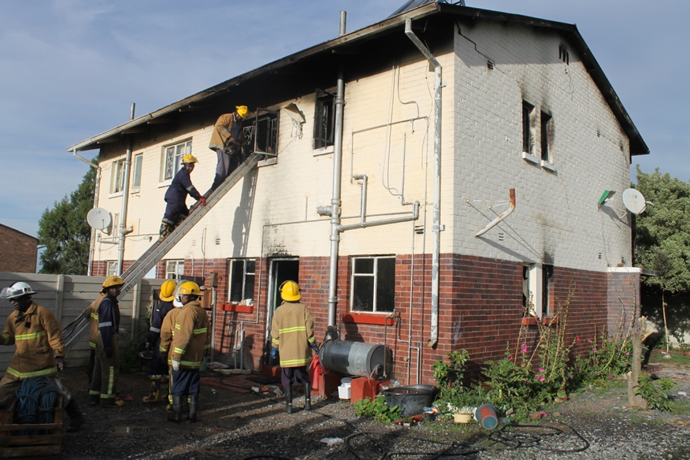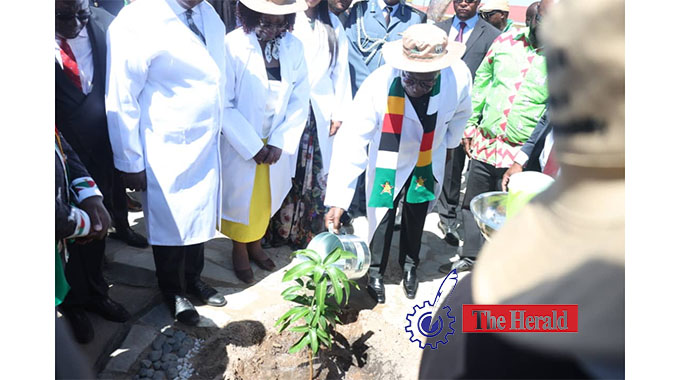‘Migratory pests threaten food security’
Elita Chikwati Agriculture Reporter
The International Red Locust Control Organisation for Central and Southern Africa (IRLCOCSA) member states are on high alert for the build-up of migratory pests as the current weather system increases the prevalence of insects.
The IRLCOCSA has six member states namely, Zimbabwe, Zambia, Mozambique, Malawi, Kenya and Tanzania.
Visiting IRLCOCSA director, Mr Moses Okhoba, who met Agriculture, Mechanisation and Irrigation Development Minister, Dr Joseph Made and senior officials in the Department of the Research and Specialist Services, yesterday said migratory pests were of economic importance as they affected the whole region greatly threatening food security.
The pests can wipe out vast swathes of crops and pastures within a short space of time.
Mr Okhoba said he was also in the country to assess the level of preparedness of the 38th regular session of Government Council of Ministers of the IRLCOCSA that would be hosted by Zimbabwe early next year.
The council is chaired by Dr Made.
“Governments have spent a lot of money ensuring food security. About $6 billion is spent supporting farmers in the region and this investment can be wasted if migratory pests are not prevented on time.
“Migratory pests are a big danger to the economy if not managed well. Because of climate change the region has seen an upsurge of pests,” he said.
Mr Okhoba said the 2015-16 rainfall season characterised with intermittent rainfall could allow the build-up of populations of armyworm and locusts.
“Our aim as an organisation is to prevent the build-up of migratory pests as control is expensive. We inform our member states monthly of the situation on the ground and assist in the control of the pest,” he said.
Mr Okhoba said climate change was one of the major challenges confronting the organisation.
“Due to climate change, we have frequent outbreaks of pests. We have seen armyworm which used to attack tender crop now attacking maize even at tasselling stage, locusts have increased breeding. The pests can only be contained if the member countries pull resources and work together,” he said.
Mr Okhoba said the 38th ministerial meeting in Zimbabwe would give member states the opportunity to share knowledge and experiences on the prevention, control and management of migratory pests.
The organisation has the mandate to manage and coordinate control and surveillance of migratory pests such as armyworm, red locusts and quealea birds among others.







Comments